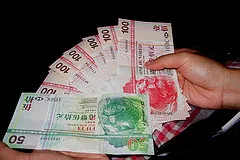
'Hot money' to flow into Hong Kong
A domestic credit expansion awaits.
According to Barclays, the HKMA’s support of the HK$ peg last week indicates hot money flow into Hong Kong. If this persists, as in 2009, then we expect lower lending rates and a domestic credit expansion to support higher property prices.
Although raising the risk of more government policy moves, this should be a short-term positive for developer share prices but a longer term negative.
Here's more from Barclays:
The Hong Kong Monetary Authority’s (HKMA) intervention in the currency markets last week, swapping HK$4.67 billion for US$603 million at a rate of US$1 to HK$7.75, the upper limit of the currency's trading range, is evidence of ‘hot money’ flowing into Hong Kong’s monetary base.
The last time the HKMA bought US dollars to hold down the Hong Kong dollar's value was in December 2009. The result was a decline in domestic lending rates, most notably mortgage rates, a domestic credit expansion and a liquidity driven rally in property prices.
The very nature of a fixed exchange rate, especially one for an open economy that is integrated to international financial markets, is that it is always likely to attract a significant share of capital flows. The peg itself reduces nominal exchange rate volatility, providing strong incentives for even short-term foreign investors to take advantage of even small rate differentials via a carry trade.
These capital inflows expand the monetary base, lower local interest rates and encourage a domestic credit expansion via bank intermediation of these flows. Inflation expectations increase, driving credit booms that are difficult to contain.
With weak corporate borrowing and a slower Mainland economy much of the intermediation of these flows from banks are likely to come in the form of lower mortgage rates and more aggressive lending competition. The HKMA has recently, we understand, been urging banks not to lower their mortgage rates below their 2% lower level.
This desire to drive mortgage lending is, however, understandable. By our estimates, banks receive HK$11bn of principle mortgage repayment every month, encouraging them to lend to simply maintain their current lending book. Second, banks probably view their mortgage books as highly liquid, knowing that in a liquidity squeeze, they would have the option to sell their mortgage portfolio to the government via the Hong Kong Mortgage Corporation.
Yet despite what we view as the already under-pricing of risk in mortgage lending by Hong Kong banks, we suspect that any continuation in hot money inflows will, as in 2009, encourage banks to lower their deposit and mortgage lending rates: all of which reminds us that banks don't stop lending when they make stupid loans, but when they finally run out of money.
Any such cut in deposit and mortgage rates will further stimulate the property prices and a domestic credit expansion. However, interest rate cuts are likely to do little for first-time buyers, for whom the cost of deposits has overtaken the cost of monthly mortgage repayments in determining housing affordability. Hot money flows will simply widen the evident inequality in the housing market.
Any cut in domestic rates is likely to encourage more investment flows in to the housing market. This will likely result in investors dominating the bottom-end of the housing market, a focus on primary launches, greater domestic leverage and higher property prices. This will ultimately lead to a more extreme property cycle, dominated by property investors who view their properties as liquid investments.
This will all put further pressure on the government to introduce policies to damp property price increases.
An increase in the rate of Special Stamp Duty (SSD) offers a likely first policy move given that this measure is up for review in November. However, with the prospect of no interest rate increases until 2015 at the earliest, the two-year period over which SSD applies would have to be extended if it were to have any affect. Yet given its catch-all nature this would likely be politically difficult.
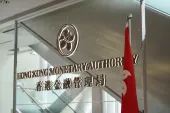


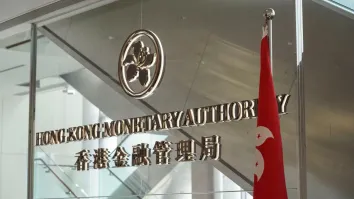

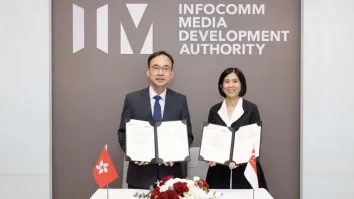
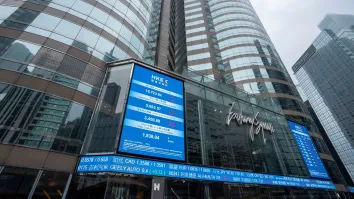








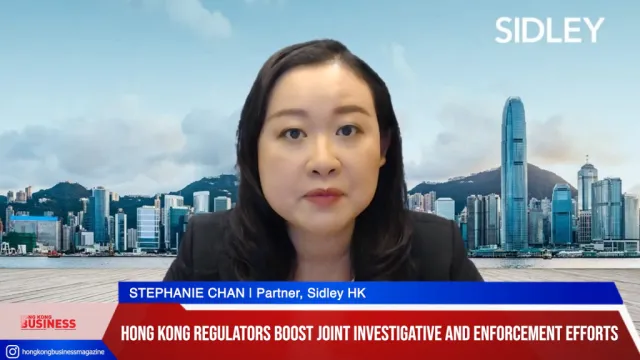
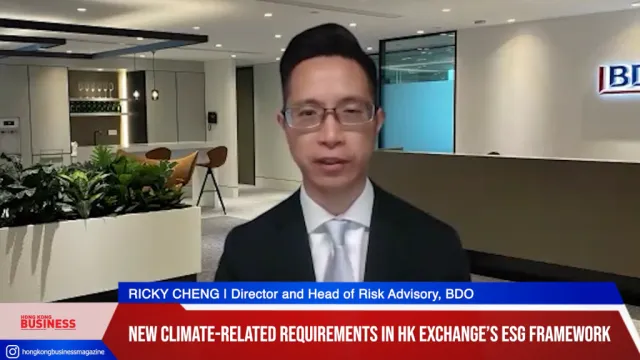
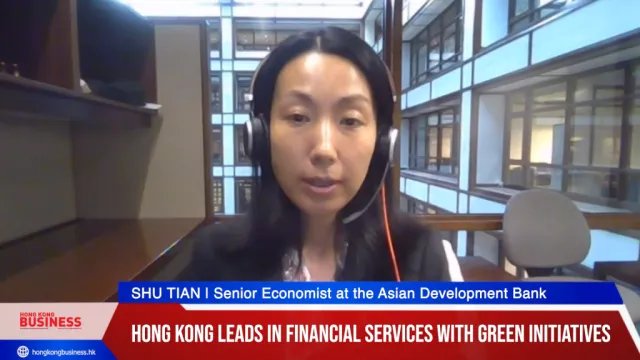

 Advertise
Advertise






